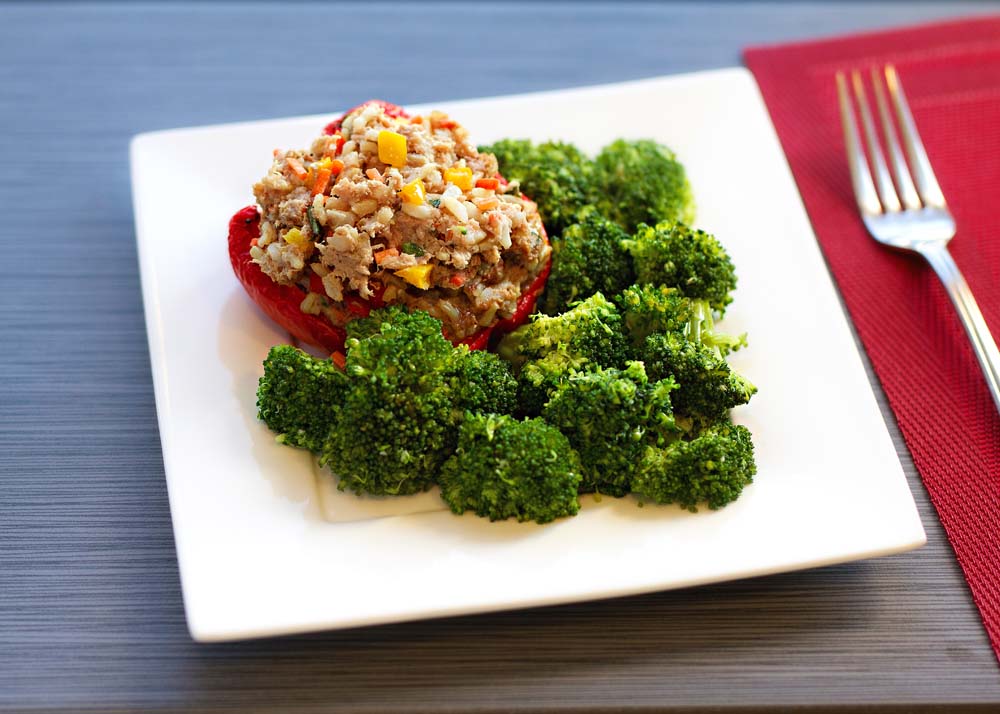
What are cruciferous vegetables? Cruciferous vegetables can be a variety of colors and contain many vitamins and minerals. Cruciferous veggies include kale, arugula, brussels sprouts, cauliflower, bok choy, broccoli, watercress, and radishes. The most abundant vitamins and minerals in cruciferous vegetables are vitamin K and folate. Dark leafy green cruciferous vegetables, like kale, are a great source of vitamin A and C. They also contain phytonutrients. Research has shown that phytonutrients may reduce the risk of developing cancer. Sulforaphane, a phytochemical found in cruciferous vegetables, stimulates enzymes in the body that detoxify carcinogens before they are able to damage cells in the body. Cruciferous vegetables also reduce oxidative stress, potentially reducing the risk of developing colon, lung, prostate, breast, and other cancer.
Adults need on average 2 ½ cups of vegetables a day. One cup of raw or cooked veggies, like broccoli or brussels sprouts, is equivalent to one cup vegetable serving, while two cups of raw leafy vegetables, like kale and bok choy, are equivalent to one cup vegetable serving.
Adding cruciferous vegetables to your diet is easy! Here are a few ways to incorporate these veggies into your diet:
- Cauliflower may not be everyone’s favorite veggie; however, you can roast the florets, puree the veggie for a cream sauce or make a pizza crust with it!
- Brussel sprouts pair perfectly with something sweet or savory. Good sweet pairings are dried fruit or maple syrup, savory pairings can range from parmesan cheese to sliced olives.
- Bok choy is a staple ingredient in Asian dishes, it has a similar taste to spinach. You can steam, braise or simmer bok choy, however, be sure to not overcook the vegetable. Stir-frying and sauteing are also great dry-heat cooking methods. Add bok choy to soup, with noddle’s, any protein paired with a sauce.









